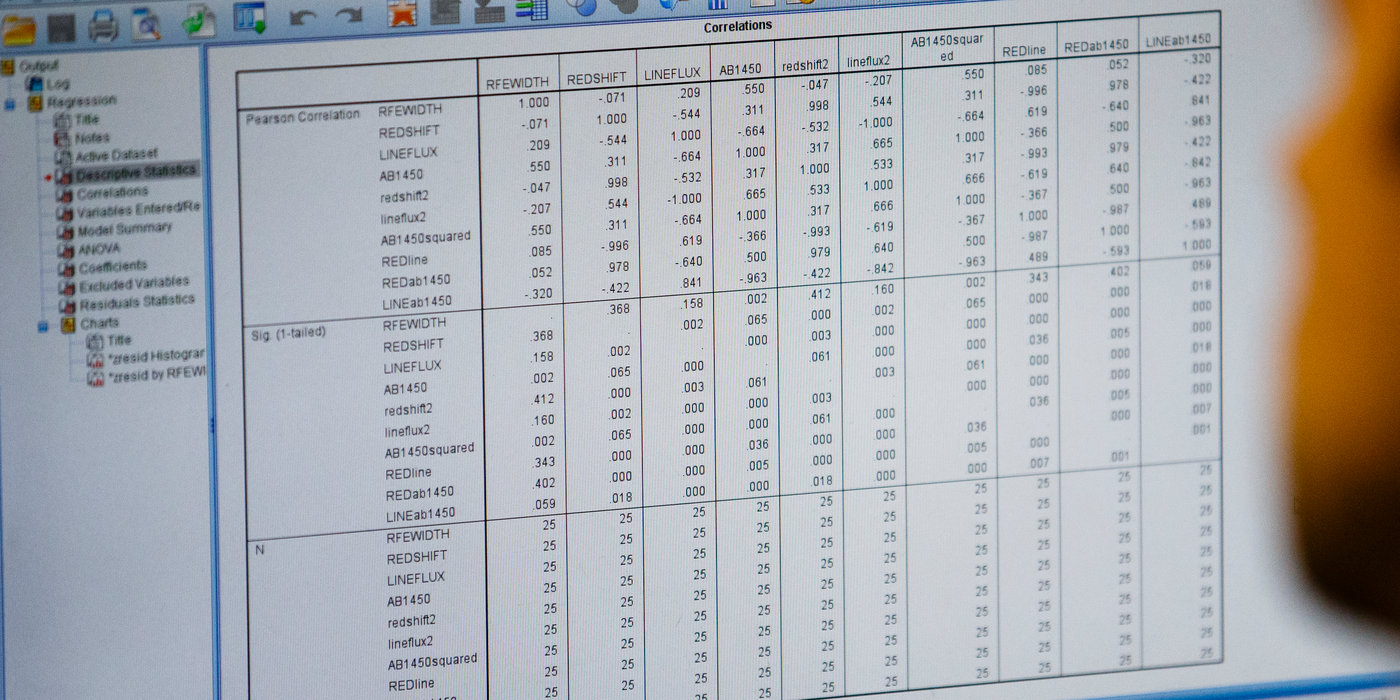When I started my MBA program back in the fall of 2008, my first class was statistics (panic! dread! fear!). If you know me, you know how traumatic math can sometimes be in my world. But then an amazing thing happened. Sure, there were formulas, graphs and oodles of computations, but nearly half of the class consisted of a rigorous discussion about effective decision-making, ethics, values and results. The undergrad English literature major in me greatly appreciated that multidisciplinary approach to learning.
My professor, Thomas Ressler, Ph.D., spent a significant amount of each class reminding us that decision-making was a complex process which requires far more than pure analytical skills. He taught us how to be critical and multi-valent thinkers, he reminded us of our place in the world and our obligation to act in alignment with our values and virtues. He took us far beyond the mathematical concepts and into a deep and thorough analysis of what it takes to be a better decision-maker.
I connected very strongly with the message and pushed myself to change the way I view the world, how I think about things and how I make decisions. I really can’t adequately convey the power of his lectures, but trust me, it was impactful. I don’t think I’ll ever forget some of his impassioned speeches. I hope he knows how many of his students will work tirelessly to try to be the type of leader he believes we can be.
Ever since that class, I have synthesized his ideas, tested them out and customized them. I now have the ability to look at a particular situation without falling into the trap of selecting the easiest or most obvious solution. Human nature makes us pick the path of least resistance, so when we see only one side to a problem, we’re likely to apply a solution that isn’t all that effective. Sure, it’s easier (less work), but it also doesn’t get us very far.
This is cross-posted from Frame+ology, is written by Evening UST MBA student Larissa Rodriguez, a full-time marketing and communications executive.







